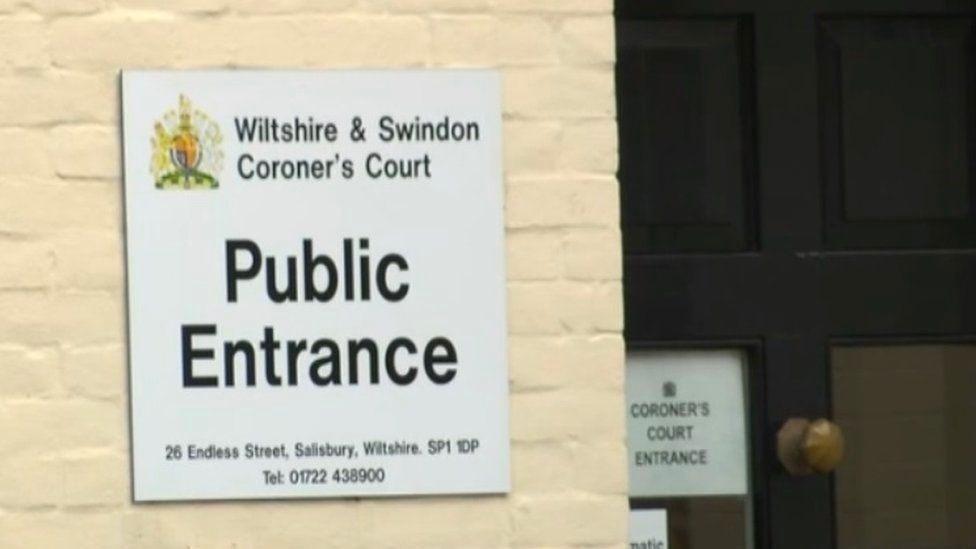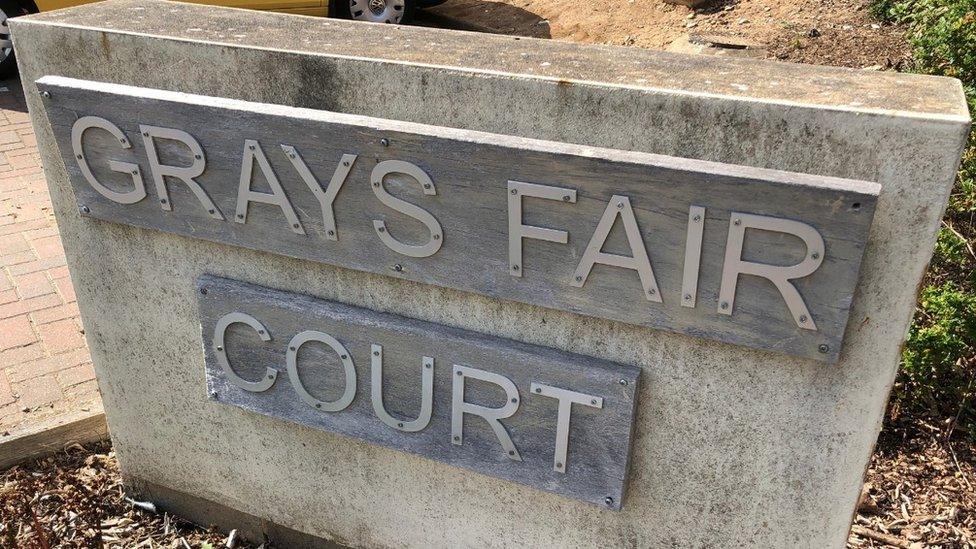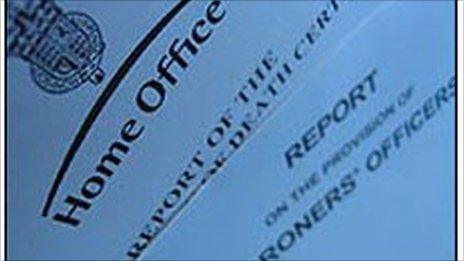'Suicide pacts' increasingly common in the absence of assisted dying
- Published

Coroner David Ridley warned of an increase in pacts
Pacts between couples who want to die are increasingly common in the absence of assisted dying, a coroner said.
The remark was made during the inquest into the deaths of Claudia Forbes, 62, and husband Andrew, 72, known as Ian.
Mr Forbes, who had chronic obstructive pulmonary disease, and his wife were found dead at their home in Warminster, Wiltshire, on December 7, 2021.
"Being private people it seems they made a decision, and increasingly we are seeing this now," said the coroner.
David Ridley, Wiltshire and Swindon coroner, said there was no evidence of any third party involvement.
"Colloquially we would call it a 'suicide pact'," Mr Ridley said.
'Don't provide support'
The couple were discovered in their cottage on Eastleigh Farm, Warminster, by their landlord after he became concerned when they had not collected their post from the main house for several days.
Mr Ridley continued: "People want to take control over the end of their lives into their own hands - maybe that is a failing on the part of parliament that they don't provide support for people."
The coroner remarked that the UK did not have anything equivalent to the Swiss assisted dying clinic Dignitas.
"It is a possibility that Claudia felt without Ian, because they were such a close knit couple, she didn't want to be on this planet any longer and that is why they took the action they did."
Mr Forbes' children from his first marriage described the couple as private and inward looking, adding that they mostly tended to meet up as a family for birthdays.
Mr Ridley offered his condolences to Mrs and Mrs Forbes' family.
If you are affected by any of the issues in this story you can find where to get support on BBC Action Line.

Follow BBC West on Facebook, external, Twitter, external and Instagram, external. Send your story ideas to: bristol@bbc.co.uk , external
- Published17 January 2020

- Published25 August 2011

- Published17 June 2011
